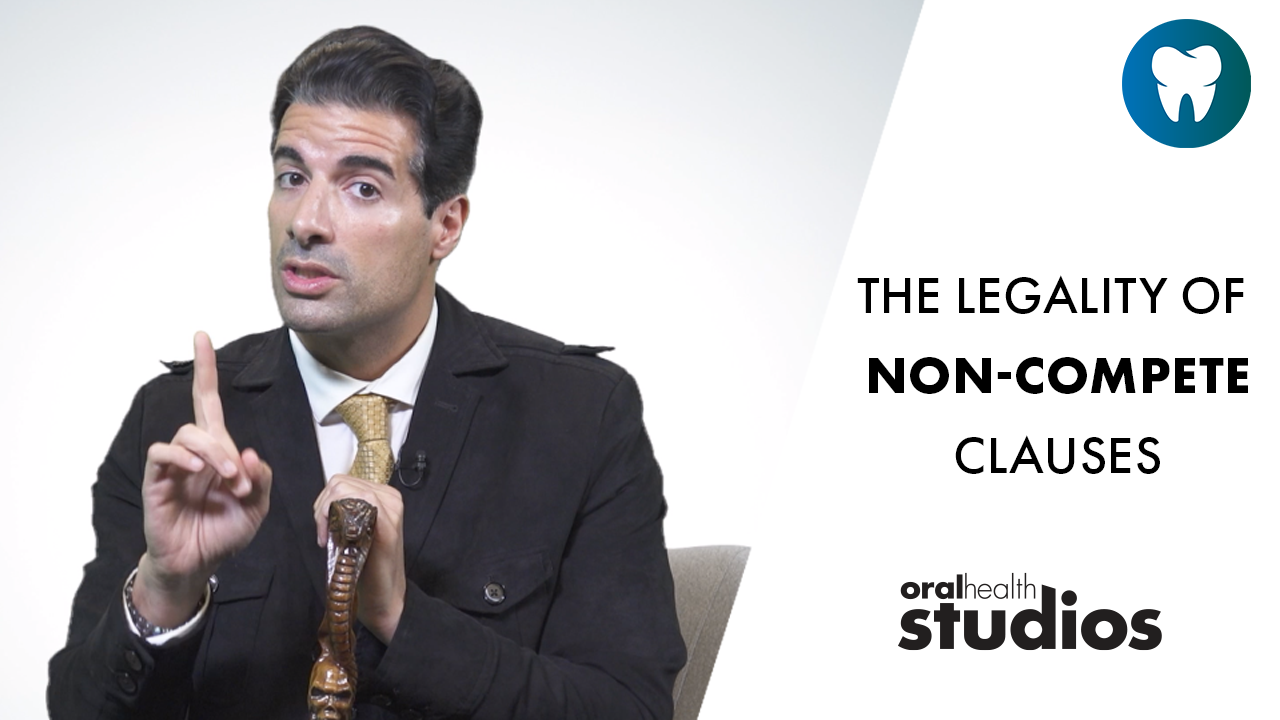The long process of becoming a qualified dentist is over. Now what to do? Some dentists will go directly into postgraduate studies or internships. Others take the long deserved vacation, but most will go into practice as an Associate.
Associating has many advantages: No additional financial burden — the Principal pays all the bills and invests in the facility and equipment — thus the new graduate has the opportunity to pay off student debts or to save for future needs.
Little management responsibility — the Principal is the practice manager — thus the Associate is able to focus on building clinical competency and patient management skills.
Freedom to move on short notice and to pursue other opportunities — most Principals ask for one or two months notice — unfortunately, many Associates leave on very short notice. This practice is not recommended as it invariably creates hard feelings and potential future repercussions.
The disadvantages are:
Lack of authority for major decision making — the Principal controls the new graduate’s schedule and patient flow — sometimes to the point where he /she is working at a much slower pace than desired.
A slow increasing income curve — it takes a year or two to earn the trust of the Principal, staff and patients before the Associate is working at the pace required to earn what is necessary for rapid debt reduction or savings.
Short notice terminations are common when the Associate and the Principal have a different philosophy that leads him or her to be out of work when he or she could be earning income.
Many Associates work in multiple practices as most Principals can only offer two or three days of patient flow.
The alternatives are to set up a new office from scratch or to buy an established practice to eliminate these disadvantages. Historically, the new graduate is not ready for either of these commitments for at least three to five years. Thus, the Associate-ship is the choice of the large majority, even with the obvious shortcomings.
The Associate Buy-In (A. K.A. “Hire The Buyer”)
Some Associate positions are undertaken with the intent to buy into the practice at a later date. Some Associate agreements have the time and price more or less agreed upon at the outset. Unfortunately, these intentions are often postponed or abandoned as the relationship between Principal and Associate develops. Like many marriages, the intentions are for a long-term commitment, but often this is not the case. People and professionals may grow apart in their plans and dreams and many agreements are broken off prematurely.
Principals are advised to avoid any promise of ownership when hiring an Associate dentist. Principals often use the promise of ownership to attract a suitable Associate. Usually, they expect the Associate to work evenings, Fridays and weekends. They give the Associate difficult patients and difficult procedures. A case, in point, involved a dentist who hired an Associate for the above reasons. The Associate demanded an ownership offering after one year. Reluctantly the dentist conceded. However, after a short time, the arrangement made was unsatisfactory. The Associate sued for a constructive dismissal and received a sizeable settlement.
Interviews with many young Associates reveal they agree to a commitment to buy in because they want the position to gain experience and earn income. One unscrupulous Associate admitted he had copied the computer records of the Principal’s practice and was planning to open an office nearby. He confessed that some of the staff were prepared to move with him and in effect a “mutiny” was in the making. Principals are advised to be wary and ascertain the true intentions of their Associate.
Obviously both the Principal and the Associate should adhere to fair business practices. Many young graduates are not ready for an ownership agreement because of their personal circumstances. Some will marry and start families and may not want to stay in a particular area. Ownership demands a commitment and a sense of permanence.
Associates who choose to align with a Principal are advised to seek an Associate Agreement. The Agreement (see appendices for a sample copy) should not contain any mention of buying in or buying the practice outright. This would be premature for both parties. The Associate Agreement should be a contract focusing only on the employment conditions. Agreements to purchase should be negotiated at a later date, once compatibility has been determined and suitable time lines can be defined. This is typically a one or two year process.
Despite the importance of such agreements, research suggests that less than half of Principal and Associate relationships do not have a signed agreement in place. This is a recipe for disaster as either party could terminate the relationship at any time. This agreement should define many common practices. For example, Associates typically feel ‘entitled’ to contact the patients they have brought into the office, while Principals often feel that such patients belong to the practice.
So who is correct? The regulatory colleges have strict guidelines as to how and when dentists can contact patients for commercial purposes, but they normally do not intervene in commercial disputes. Thus, when departing dentists begin the fight over patients, an expensive law suit often results. A written agreement may have prevented this wasteful and often humiliating struggle. ROI Corporation surveys show many dentists’ friendships have been lost in this way.









